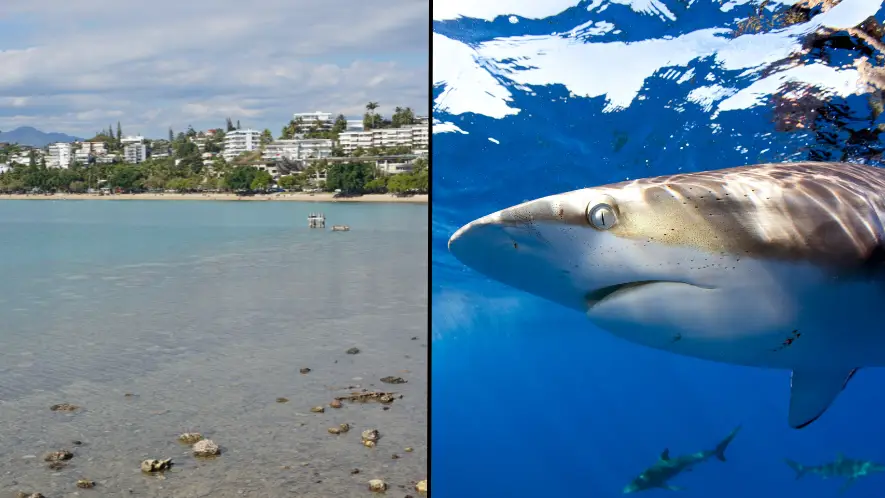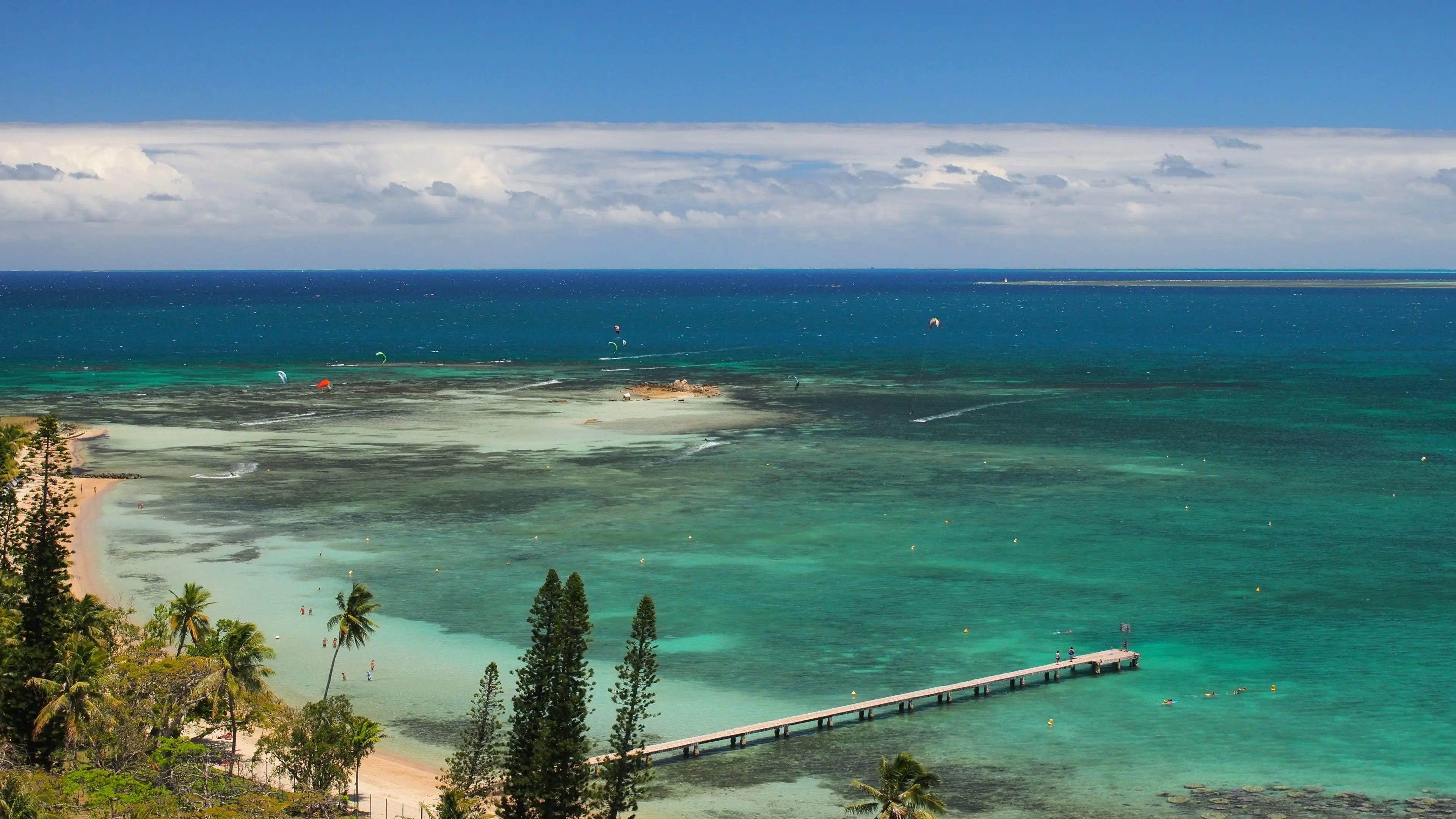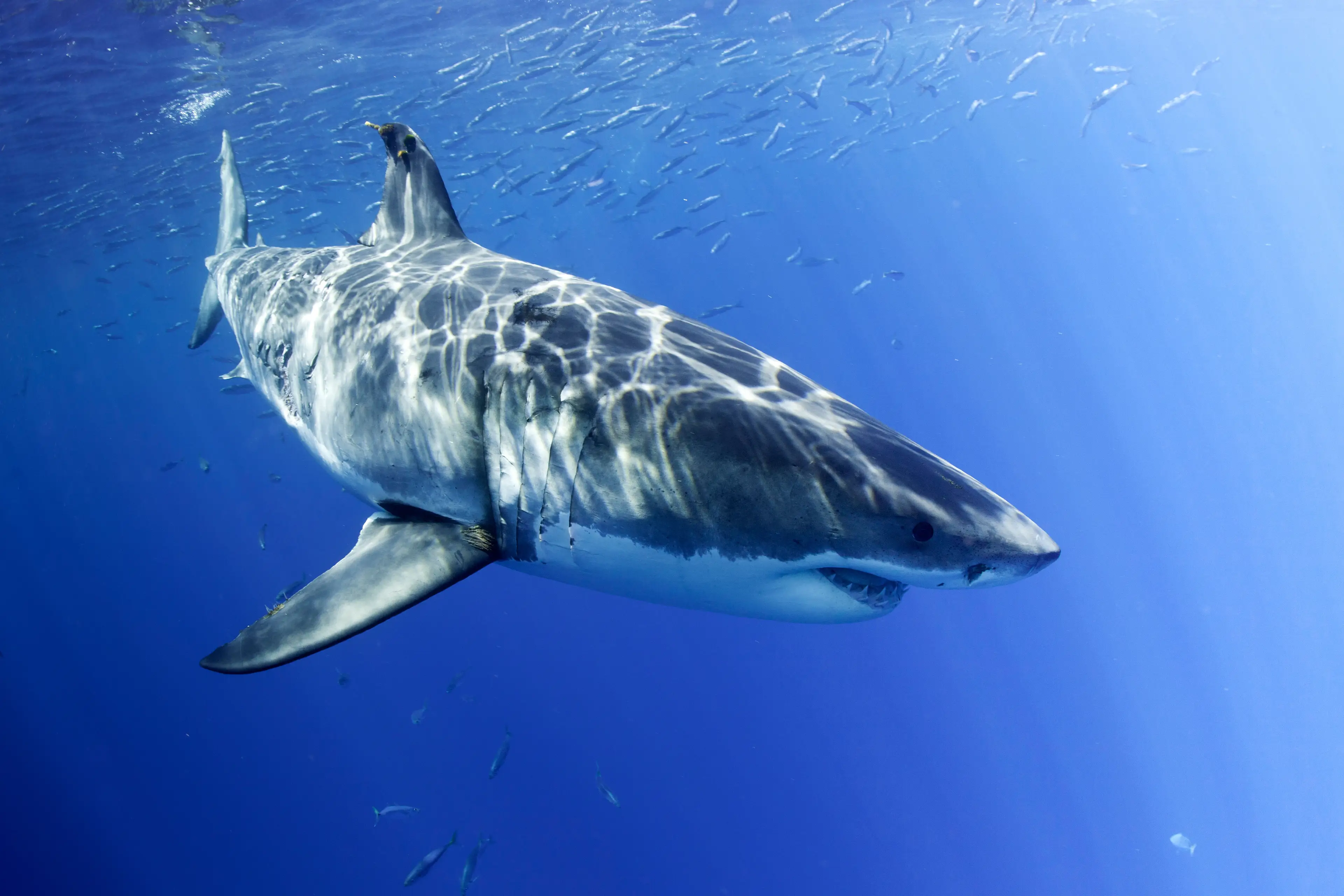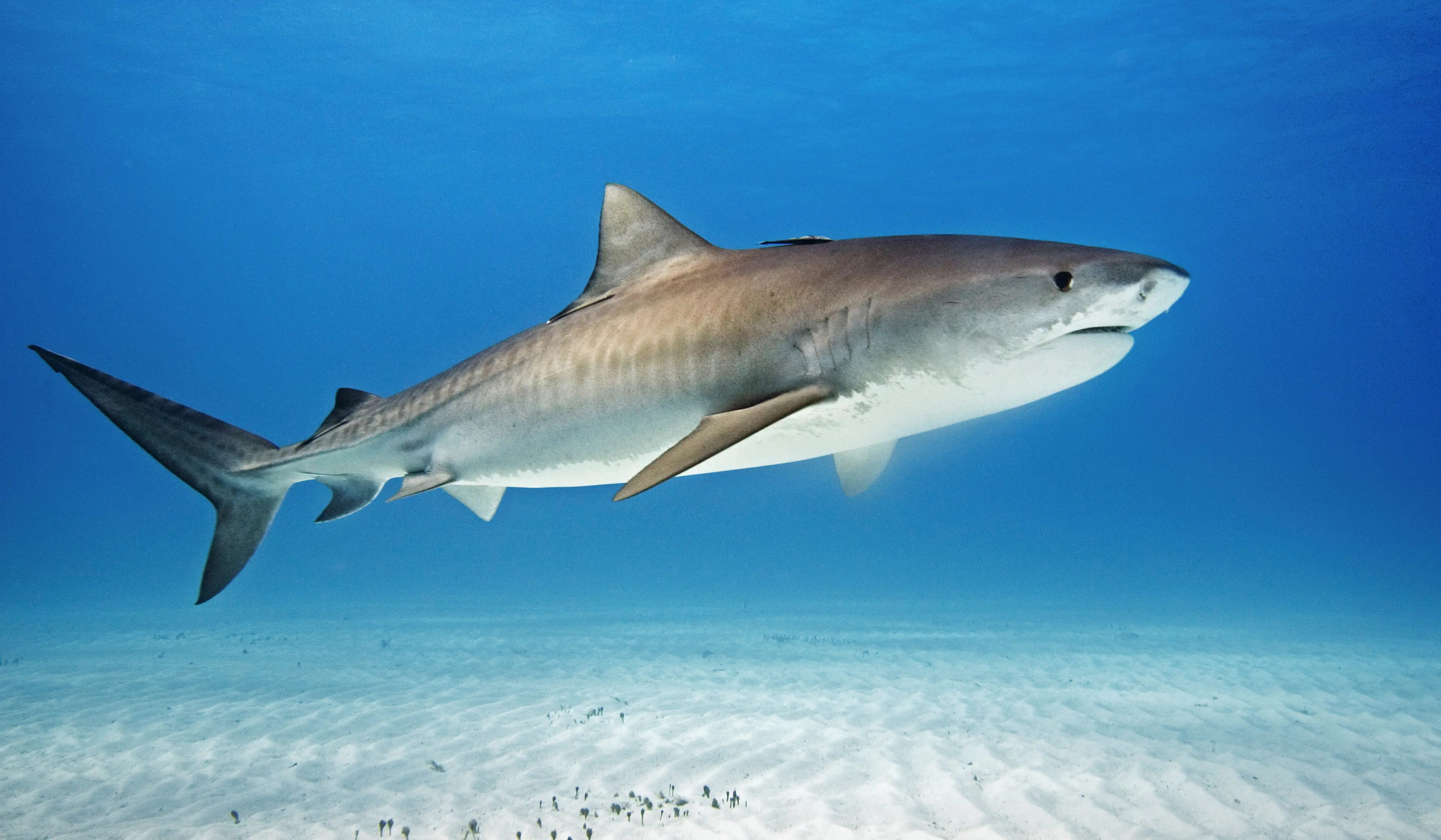
An Australian tourist was killed by a shark in front of horrified onlookers at a busy beach in Nouméa, New Caledonia.
The incident took place on Sunday (19 February), when authorities said the man, 59, was attacked at around 4:10pm as he swam around 500ft from shore.
The man - who is yet to be identified - died at the scene after sustaining major bite wounds, including to one of his legs and both of his arms, France 1 reports.
While shark attacks are, generally speaking, incredibly rare, the killing marks the third shark attack to take place near Chateau-Royal beach in just three weeks.
Advert
As reported by International Shark Attack File, there were 108 worldwide incidents involving sharks in 2022, but just 57 of them were unprovoked attacks.

According to local media, when the 59-year-old was attacked, other people were enjoying the Australian waters and there was a frenzied rush back to the shore when they realised what was happening.
The man was taken to the beach by people who had been sailing in the area, and although he was treated by emergency services, they were sadly unable to save his life.
In a bid to solve the ongoing problem and prevent further incidents, beaches in the area have been closed and authorities are attempting to catch sharks in the area.
"Swimming and nautical activities are closed in a 300-meter coastal band until further notice," Nouméa City Council said in a statement.

They then added that the sharks being hunted were being culled.
The first recent incident in the area took place just a few weeks ago on 29 January, when a 49-year-old swimmer was seriously injured by a shark.
Then, just a few days later, a surfer was once again attacked.
New Caledonia has a reputation for shark attacks and despite its small population of just 270,000 people, it is the 13th on the global list for prevalence, the Florida Museum of Natural History revealed.
New Caledonia's Southern Province president Sonia Backes said her thoughts are with the family of the deceased tourist as well as those left traumatised by witnessing the event.

"There were young children who were shocked by what they saw," she said.
Professor Culum Brown, of School of Natural Sciences at Macquarie University, told 7NEWS that a 'very big shark' must have been responsible.
"We’re talking about a very big shark," he said, "You know, probably about three or four metres plus."
He then speculated that a tiger shark was likely responsible as is is 'unusual for a bull shark to be that big.'
Topics: Animals, World News
